What are Memecoins?
Last updated

Table of Contents
- The Rise of Memecoins: From Dogecoin to the Masses
- Examples of other memecoins
- How Memecoins Work: Leveraging Existing Blockchain Technology
- Characteristics of Memecoins
- What Gives Memecoins Value? The Power of Community and Hype
- Risks and Potential Benefits of Investing in Memecoins
- How to Buy and Sell Memecoins
- The Future of Memecoins and Their Impact on the Crypto Market
- Conclusion: Proceed With Caution in the Memecoin Market
- Frequently asked questions about memecoins
The Rise of Memecoins: From Dogecoin to the Masses
Memecoins emerged from the intersection of internet culture and cryptocurrency. Dogecoin (DOGE), launched in 2013 as a lighthearted joke based on the Shiba Inu "Doge" meme, is widely considered the first memecoin. It gained significant popularity and market value, becoming one of the top 10 cryptocurrencies by market capitalization. Dogecoin paved the way for countless other meme-inspired cryptocurrencies. Their viral nature can lead to unexpected price surges, turning initially worthless tokens into assets with substantial market capitalization. However, this rapid growth is often driven by speculation and hype, making memecoins highly volatile and risky investments.
Examples of other memecoins
Some of the other well-known memecoins include:
- Shiba Inu (SHIB): Launched in August 2020, Shiba Inu is a memecoin inspired by the Shiba Inu dog breed. It gained traction through its association with Dogecoin and its active online community.
- Pepe Coin (PEPE): Pepe Coin is a memecoin based on the popular Pepe the Frog meme. It was launched in April 2023 and quickly gained popularity, reaching a market cap of over $1 billion in just a few weeks.
- Official Trump (TRUMP): Launched by President Donald Trump on January 17, 2025, just days before his inauguration. It was introduced as the "only official Trump meme," featuring a cartoon image of Trump raising his fist. Within 24 hours of its launch, TRUMP's market capitalization soared to nearly $13 billion, with individual token prices reaching approximately $64.*
How Memecoins Work: Leveraging Existing Blockchain Technology
Most memecoins are built on existing blockchains like Ethereum, Binance Smart Chain, Solana, and Tron. These networks provide the infrastructure for token creation and distribution, but most memecoins do not introduce unique functionality beyond their meme-based branding.
In recent years, simplified token creation tools, such as pump.fun on Solana, have made it easier for anyone to launch a memecoin, contributing to the rapid growth and high turnover of new meme tokens.
Characteristics of Memecoins
Memecoins typically share these characteristics:
- Meme-based branding: Their names, logos, and marketing often revolve around popular internet memes, creating a sense of community and shared identity.
- Large or unlimited supply: Unlike Bitcoin's fixed supply, which supports its scarcity narrative and role as a store of value, many memecoins have a large or even unlimited supply, which can dilute value over time.
- Community-driven: Strong online communities often form around memecoins, driving hype and influencing price.
- Decentralized (mostly): Most memecoins operate on decentralized blockchain platforms, which can support transparency and censorship resistance. However, some memecoins have centralized aspects, such as concentrated ownership or control by a small group of developers.
What Gives Memecoins Value? The Power of Community and Hype
Unlike established cryptocurrencies like Bitcoin (BTC), which derive value from factors like scarcity, utility, and network effects, memecoins rely heavily on community enthusiasm, social media trends, and speculation.
- Community hype: Active promotion, meme creation, and social media engagement can create excitement and FOMO (fear of missing out), attracting new buyers.
- Social media trends: Viral marketing and endorsements by influencers can significantly impact a memecoin's price.
- Speculation: The speculative nature of crypto markets can drive rapid price increases for memecoins, but it can also cause sharp declines when sentiment shifts.
Risks and Potential Benefits of Investing in Memecoins
Memecoin investments carry significant risks, including extreme volatility, lack of intrinsic value, rug pulls and scams, and market manipulation.
Despite the risks, some potential benefits exist, such as short-term upside during hype cycles, community engagement, and early participation advantages. Practicing basic risk management is essential.
To reduce exposure to fraud, it helps to understand common patterns of crypto fraud and scams, as well as how large holders (sometimes called Bitcoin whales) can influence thinly traded markets.
How to Buy and Sell Memecoins
Memecoins are typically traded on cryptocurrency exchanges, including both centralized exchanges (CEX) and decentralized exchanges (DEX). You’ll usually need a crypto wallet and the ability to create one before you can trade.
From there, the process depends on the token and where it trades. Many users start by learning how to buy crypto and sell crypto, and if they use decentralized exchanges, they may also want to understand how to use a DEX.
The Future of Memecoins and Their Impact on the Crypto Market
The future of memecoins is uncertain and depends on market sentiment, regulation, and investor behavior. While some projects may attempt to add utility over time, many memecoins lose relevance as attention shifts.
Memecoins can affect the broader market by amplifying volatility, attracting mainstream attention, and occasionally inspiring experimentation, but they can also divert attention and capital away from projects with clearer fundamentals.
Conclusion: Proceed With Caution in the Memecoin Market
Memecoins are a high-risk segment of the crypto market. While they can produce large gains during hype cycles, their speculative nature and limited utility make them unpredictable. Thorough research, risk assessment, and diversification are essential.
For context on how value is often assessed in more established cryptoassets, it can help to understand Bitcoin’s store of value narrative, long-term outlook, and how changes are proposed and debated through Bitcoin governance.
Frequently asked questions about memecoins
Are memecoins a scam?
Not all memecoins are scams, but many carry a higher risk of fraud or manipulation than more established cryptoassets. Some projects are created solely to profit from short-term hype, and it can be difficult to evaluate credibility without careful research.
Can memecoins make you money?
Some memecoins have produced short-term gains during periods of intense speculation, but losses are equally common. Because prices are driven largely by sentiment, outcomes are difficult to predict.
How are memecoins different from altcoins?
Memecoins are a subset of altcoins, which includes all cryptocurrencies other than Bitcoin (BTC). Unlike many altcoins that are designed around a specific technical or economic purpose, memecoins typically rely more on branding, internet culture, and community attention.
Why are memecoins so volatile?
Memecoins are often highly volatile because demand is driven largely by attention and speculation rather than utility. When sentiment shifts, prices can rise or fall rapidly, especially if ownership is concentrated among a small number of holders.
Are memecoins legal?
The legality of memecoins depends on local regulations and how a token is marketed or distributed. In many jurisdictions they are legal to own and trade, but they may still be subject to securities, consumer protection, or anti-fraud rules.
Are memecoins suitable for beginners?
Memecoins are generally not recommended for beginners due to their risk and unpredictable price movements. New users are often better served by learning wallet security, exchange mechanics, and risk basics before engaging with highly speculative tokens.
Related guides
Start from here →
What is a crypto wallet?
Learn about this essential tool for sending, receiving, and storing your cryptocurrencies and digital assets; how it works, and how to use it safely.

What is a crypto wallet?
Learn about this essential tool for sending, receiving, and storing your cryptocurrencies and digital assets; how it works, and how to use it safely.
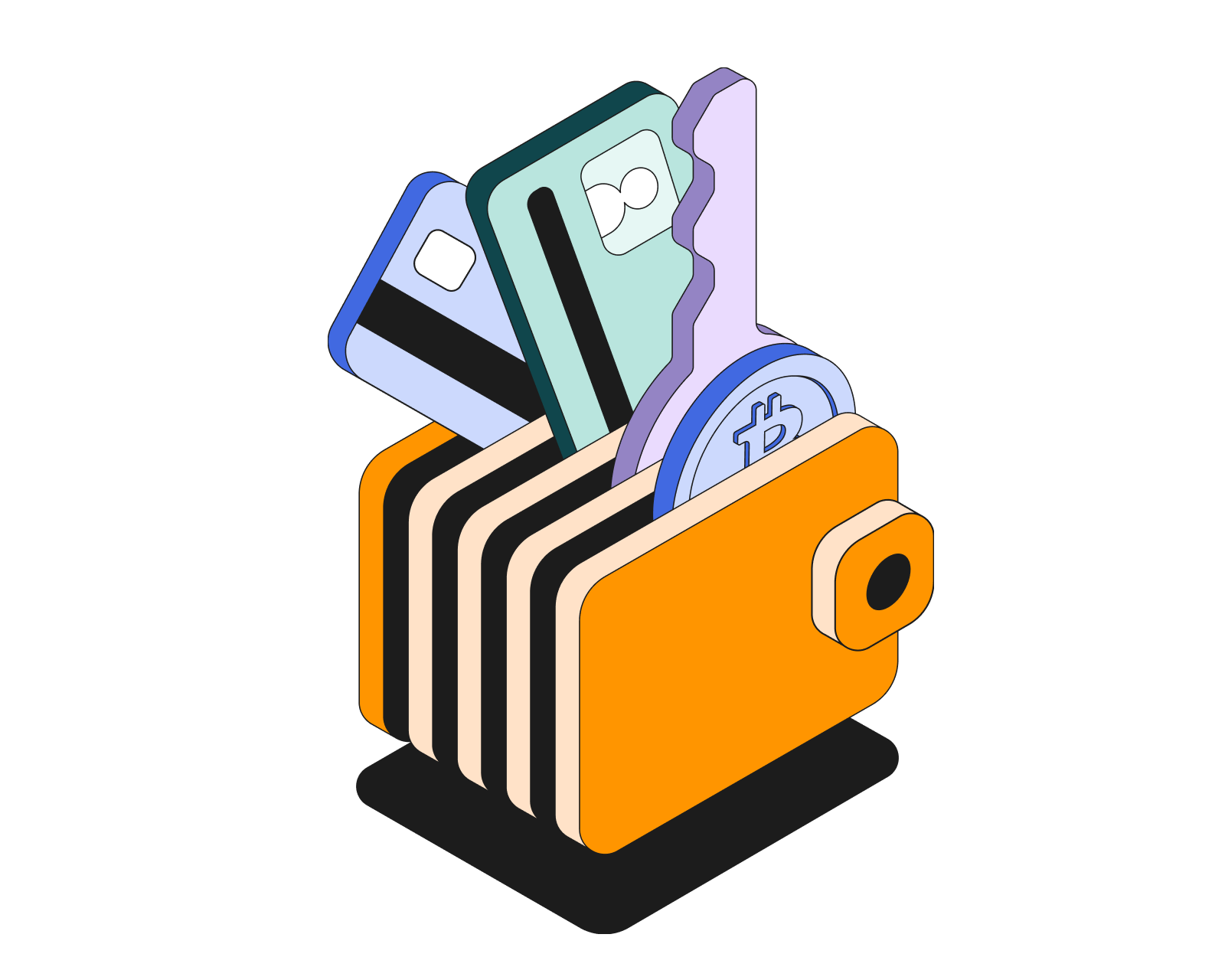
How do I create a crypto wallet?
Learn how to quickly and easily create a crypto wallet. Understand the different wallet types and their respective pros & cons.

How do I create a crypto wallet?
Learn how to quickly and easily create a crypto wallet. Understand the different wallet types and their respective pros & cons.
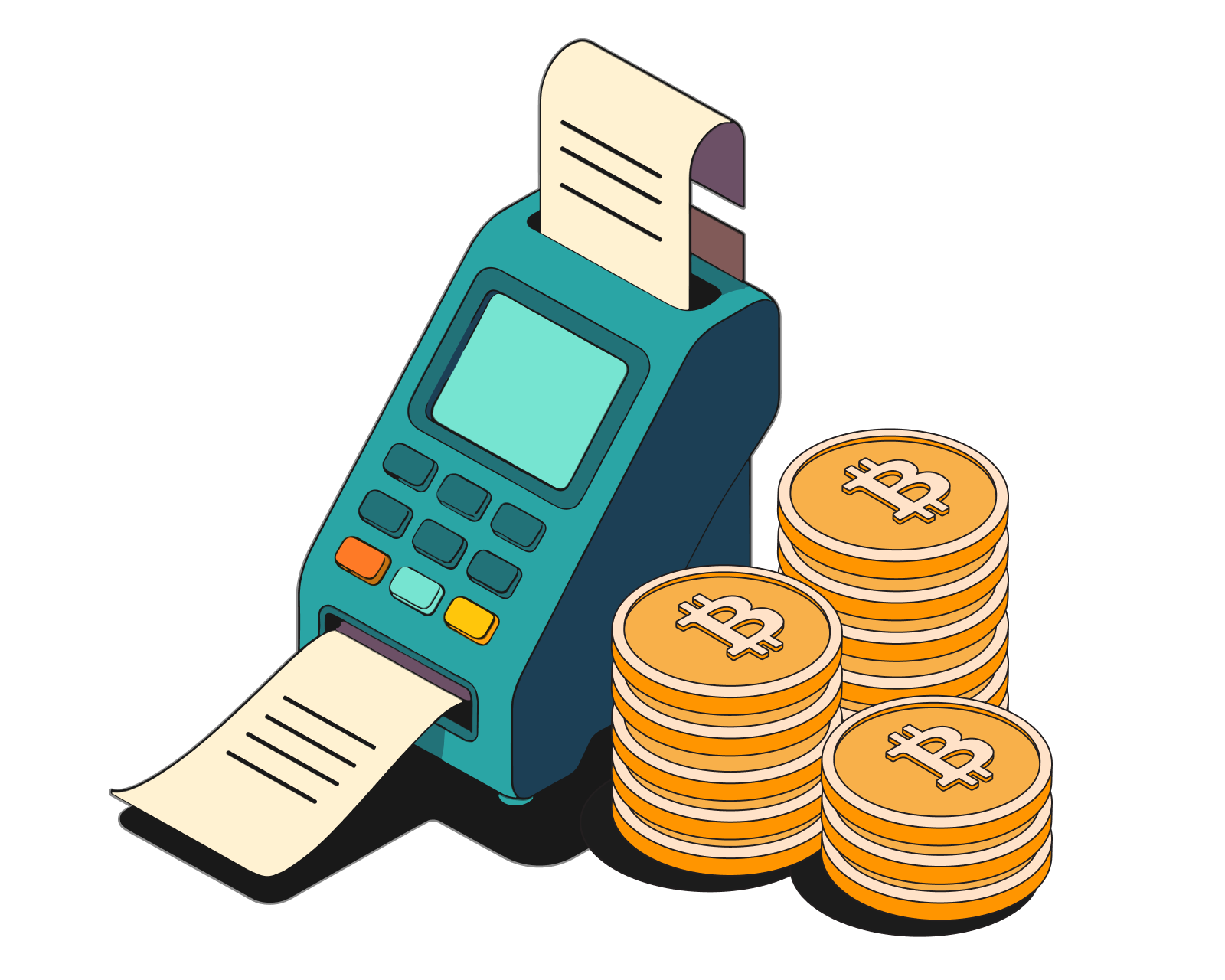
How do I buy crypto?
Learn how to get your first crypto in minutes.

How do I buy crypto?
Learn how to get your first crypto in minutes.
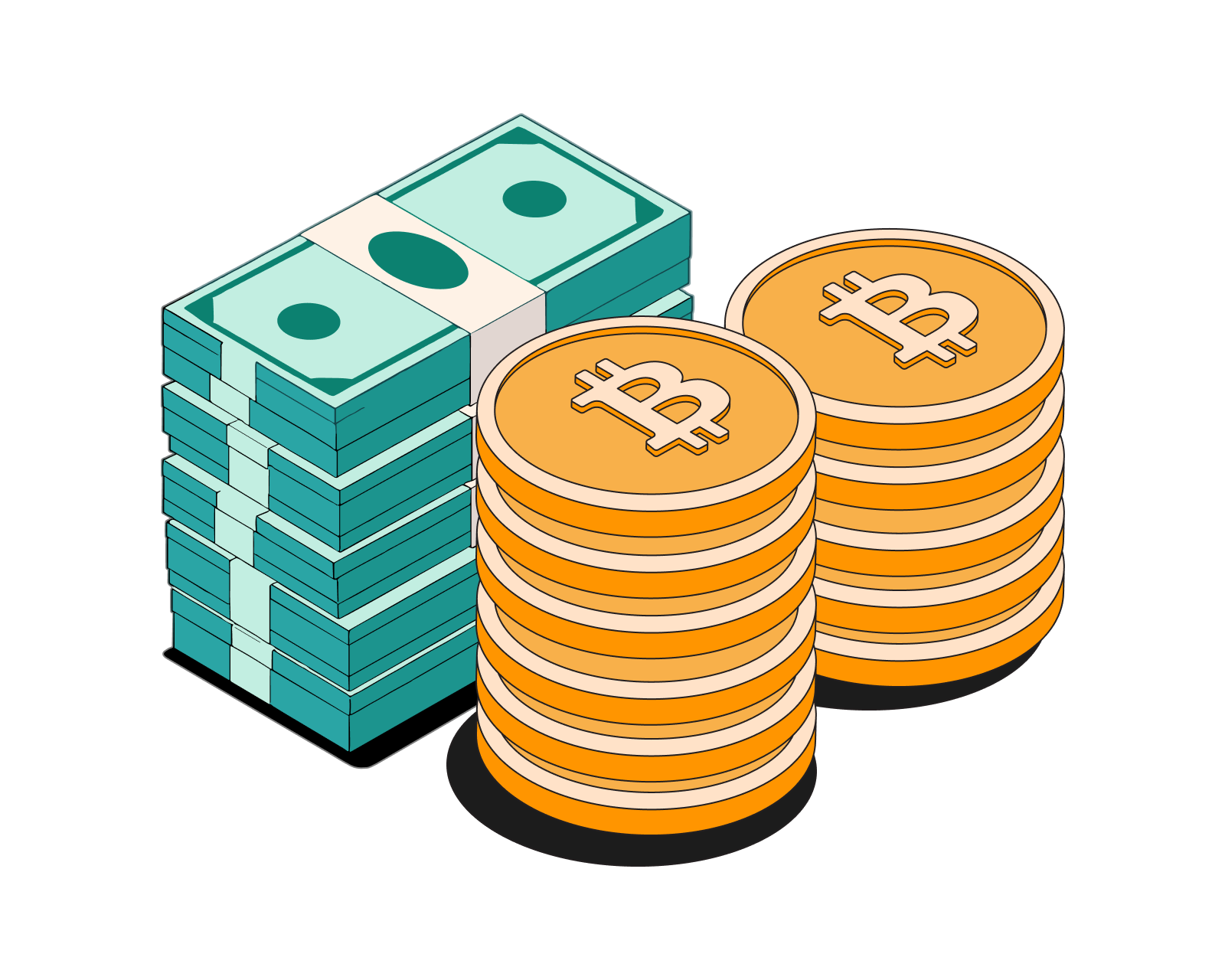
How do I sell crypto?
Learn how to sell crypto into local currency safely.

How do I sell crypto?
Learn how to sell crypto into local currency safely.

How does crypto exchange work?
How safe is it to store your crypto on centralized exchanges?

How does crypto exchange work?
How safe is it to store your crypto on centralized exchanges?
STAY AHEAD IN CRYPTO
Stay ahead in crypto with our weekly newsletter delivering the insights that matter most
Weekly crypto news, curated for you
Actionable insights and educational tips
Updates on products fueling economic freedom
No spam. Unsubscribe anytime.
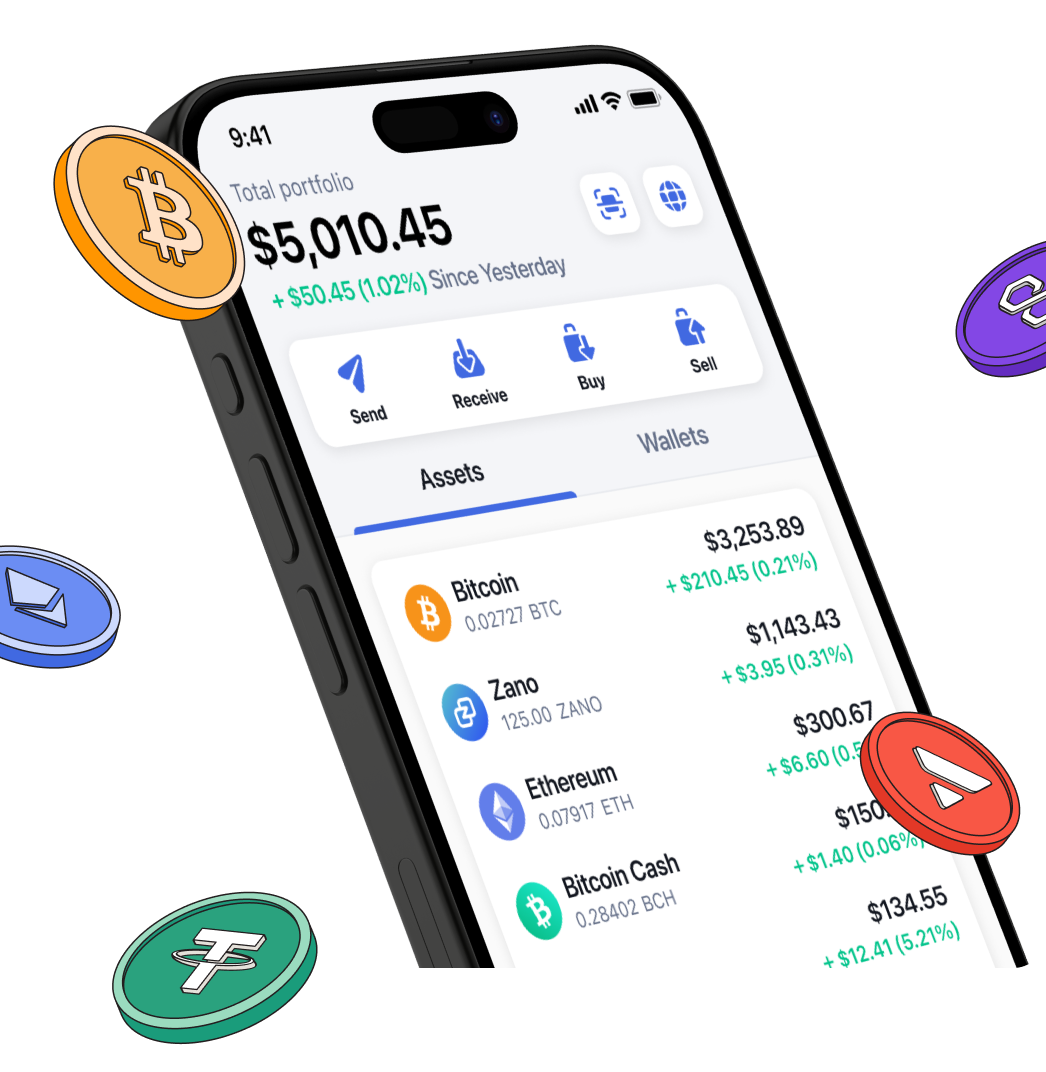
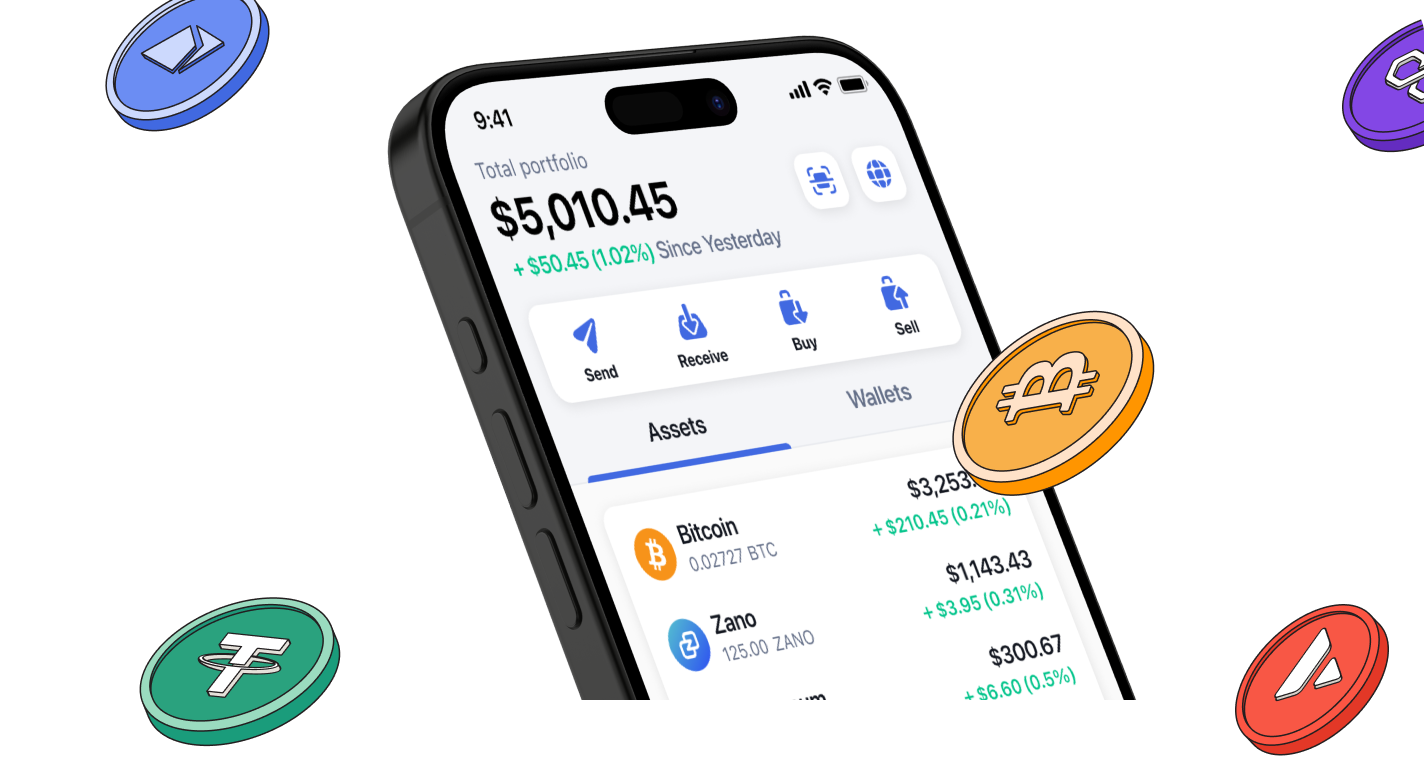
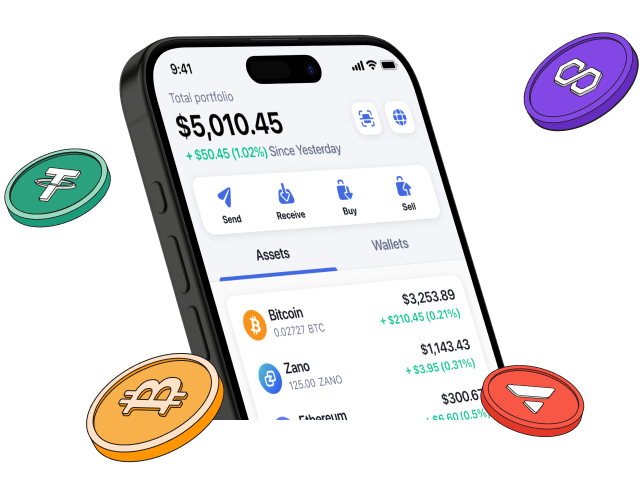
Start investing safely with the Bitcoin.com Wallet
Over wallets created so far
Everything you need to buy, sell, trade, and invest your Bitcoin and cryptocurrency securely

© 2026 Saint Bitts LLC Bitcoin.com. All rights reserved



